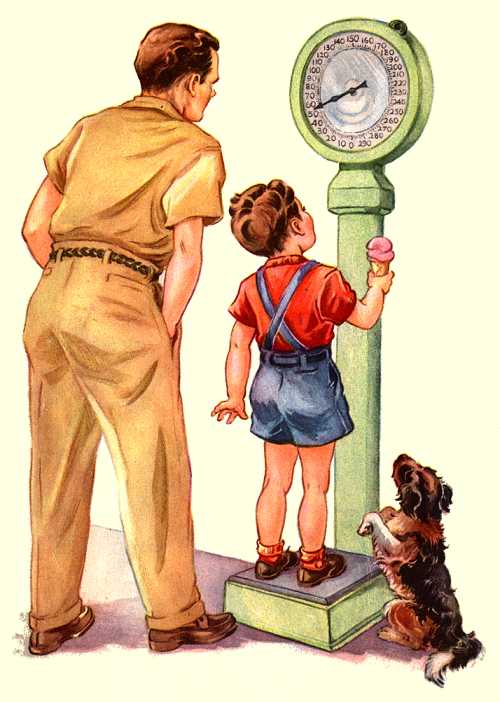
Fascinating June 17th column in the NYT by Marianne J. Legato, the director of the Partnership for Women's Health at Columbia, and the author of Why Men Never Remember and Women Never Forget, who says, in part,:
"What emerges when one studies male biology in a truly evenhanded way is the realization that from the moment of conception on, men are less likely to survive than women. It's not just that men take on greater risks and pursue more hazardous vocations than women. There are poorly understood — and underappreciated — vulnerabilities inherent in men's genetic and hormonal makeup. . . .
Men's troubles begin during the earliest days in the womb. Even though there are more male than female embryos, there are more miscarriages of male fetuses. Industrial countries are also witnessing a decline in male to female birth ratios, and we don't know why.
Some scientists have argued that the probability of a male child declines as parents (especially fathers) age. Still others have cited the prevalence of pesticides, which produce more birth defects in male children.
Even when a boy manages to be born, he's still behind the survival eight ball: he is three to four times more likely than girls to have developmental disorders like autism and dyslexia; girls learn language earlier, develop richer vocabularies and even hear better than boys. Girls demonstrate insight and judgment earlier in adolescence than boys, who are more impulsive and take more risks than their sisters. Teenage boys are more likely to commit suicide than girls and are more likely to die violent deaths before adulthood.
As adults, too, men die earlier than women. Twice as many men as women die of coronary artery disease, which manifests itself a decade earlier in men than women; when it comes to cancer, the news for men is almost as bad. Women also have more vigorous immune systems than men: of the 10 most common infections, men are more likely to have serious encounters with seven of them.
While depression is said to be twice as frequent in women as in men, I'm convinced that the diagnosis is just made more frequently in women, who show a greater willingness to discuss their symptoms and to ask for help when in distress. Once, at a dinner party, I asked a group of men whether they believed men were depressed as often as women, but were simply conditioned to be silent in the face of discomfort, sadness or fear. 'Of course!' replied one man. 'Why do you think we die sooner?'
Considering the relative fragility of men, it's clearly counterintuitive for us to urge them, from boyhood on, to cope bravely with adversity, to ignore discomfort, to persevere in spite of pain and to accept without question the most dangerous jobs and tasks we have to offer (emphasis mine). Perhaps the reason many societies offer boys nutritional, educational and vocational advantages over girls is not because of chauvinism — it's because we're trying to ensure their survival. [She's wrong here, as well as in her overall plea for less emphasis on women's health, but just ignore it.]"
As the mother of a son and the grandmother of a grandson, I find this absolutely fascinating. The truth is so at odds with the story that patriarchy tells. Boys and men are, in many ways, both physical and intellectual/emotional, the "weaker" sex. Telling them, as Dr. Legato points out, to "be brave" and "not cry," to stop "being a sissy" when they express pain, is probably exactly the wrong message for us to be sending to them. Sending them off to war, and entrusting them to run our society as most governments still overwhelmingly do, when they "demonstrate insight and judgment [later] in adolescence than [girls]" and are unable to articulate their depression is also a foolhardy strategy, albeit one that humans have been pursing for thousands of years.
We tend to imagine that patriarchy hurts women and benefits men. That's only half true. Patriarchy hurts both women and men.
1 comment:
And they tell us women that we are the "weaker" sex???
WHATever!
Post a Comment